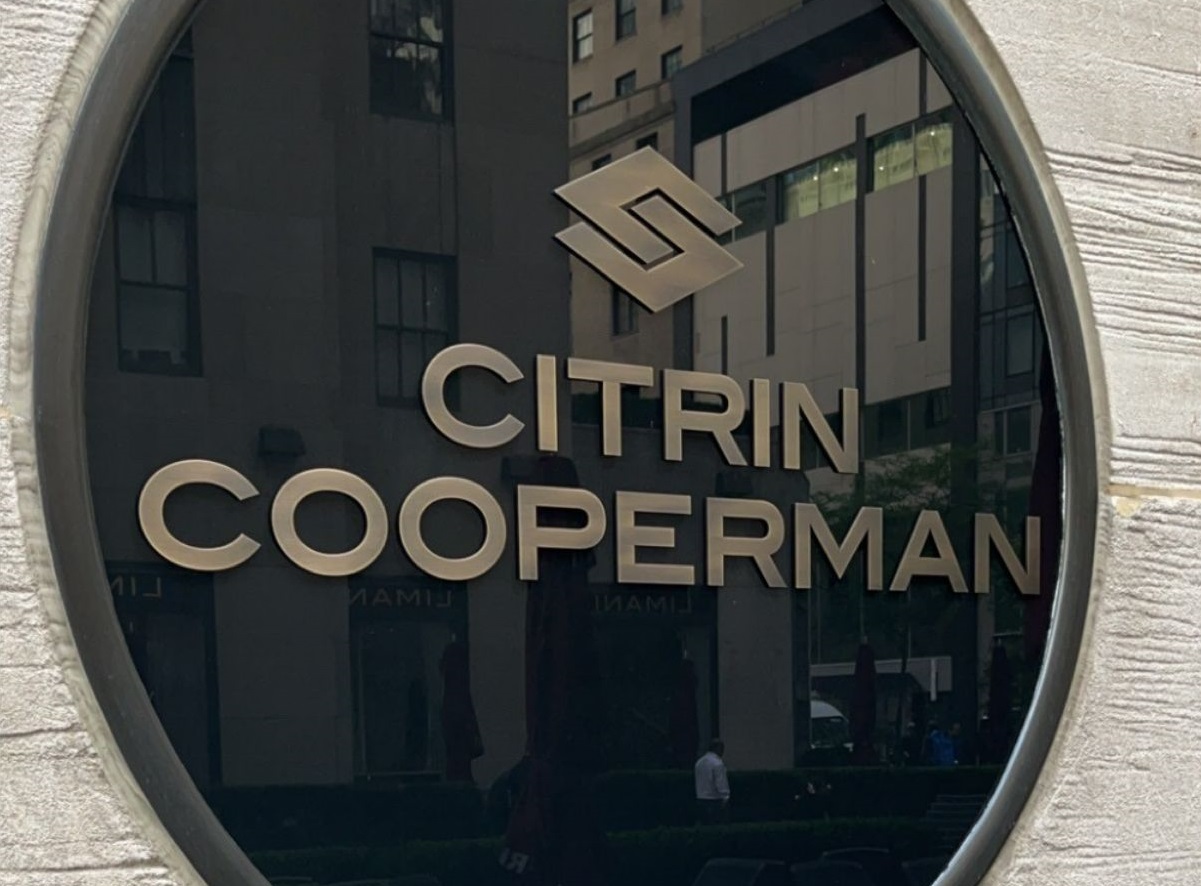The profession of accounting is one that provides a service. But service to what end? You like to work with numbers and make things balance – you get to do that full time in your job. Is that why you work? You want to take care of yourself and your loved ones by earning a nice living. Is that your goal? You share your profits with your co-workers in the form of salaries, bonuses, and benefits. Is that why you do what you do? I know in my public accounting career, I didn’t hear anything more than these descriptions when my colleagues would discuss why we were doing what we were doing.
More and more we hear younger workers in all professions talking about why they work, and while compensation, benefits, and enjoying what they do are all valued, just as important is how the work is done and why it is done. The value of having a purpose for what you are doing is difficult to quantify, but its importance cannot be overlooked.
How much better do you feel when you have set a goal and can see that goal being accomplished, as opposed going through the motions of trudging to work, sitting at a desk, moving papers around, entering numbers on screens, footing and checking, making sure numbers balance, going home at the end of the day, and planning to come back to work and do it all over again. And again. And again.
Considering the bigger picture can be difficult when those seemingly mundane items still do need to get done. But if you are convinced you are making a difference, helping others succeed, changing even one small part of the world for the better, isn’t that going to be a bigger motivator than a paycheck or a balanced column of numbers?
A fascinating article in Harvard Business Review last year, “How an Accounting Firm Convinced Its Employees They Could Change the World,” explained a transformation at Big Four firm KPMG as the firm considered its purpose. After much research and interviews, the firm created its purpose statement: “Inspire confidence. Empower Change.” A campaign to explain the meaning of the statement and to inspire workers ensued, and all 27,000 partners and employees were encouraged to participate. Asked to share stories of how their work is making a difference, employees accepted the challenge of coming up with 10,000 stories and the firm offered an incentive of extra days off if the goal was met. 42,000 stories were shared.
Employee enthusiasm has increased as has pride in the company, job stability has risen, the firm climbed to the highest of the Big Four in the FORTUNE magazine 100 Best Companies to Work Four list and has remained there. And the positive statistics span the generations at KPMG.
KPMG is just one example, but changing the culture of one of the largest accounting firms in the world has to be significantly more difficult than changing the culture of your own firm. What is your purpose? What makes you want to continue doing what you do? And how to you communicate that purpose with your colleagues and your clients?
What story will you tell potential new hires? How will you continue to attract and retain clients? How do the services you offer fit with the purpose you are trying to achieve? How do the staffing choices you make fit with your goals? These are questions you should be considering, and as we wrap up the end of the year, there is no better time than now to take a breath and map out a purposeful game plan for the future. You and everyone around you will be thankful for that.
Thanks for reading CPA Practice Advisor!
Subscribe Already registered? Log In
Need more information? Read the FAQs




